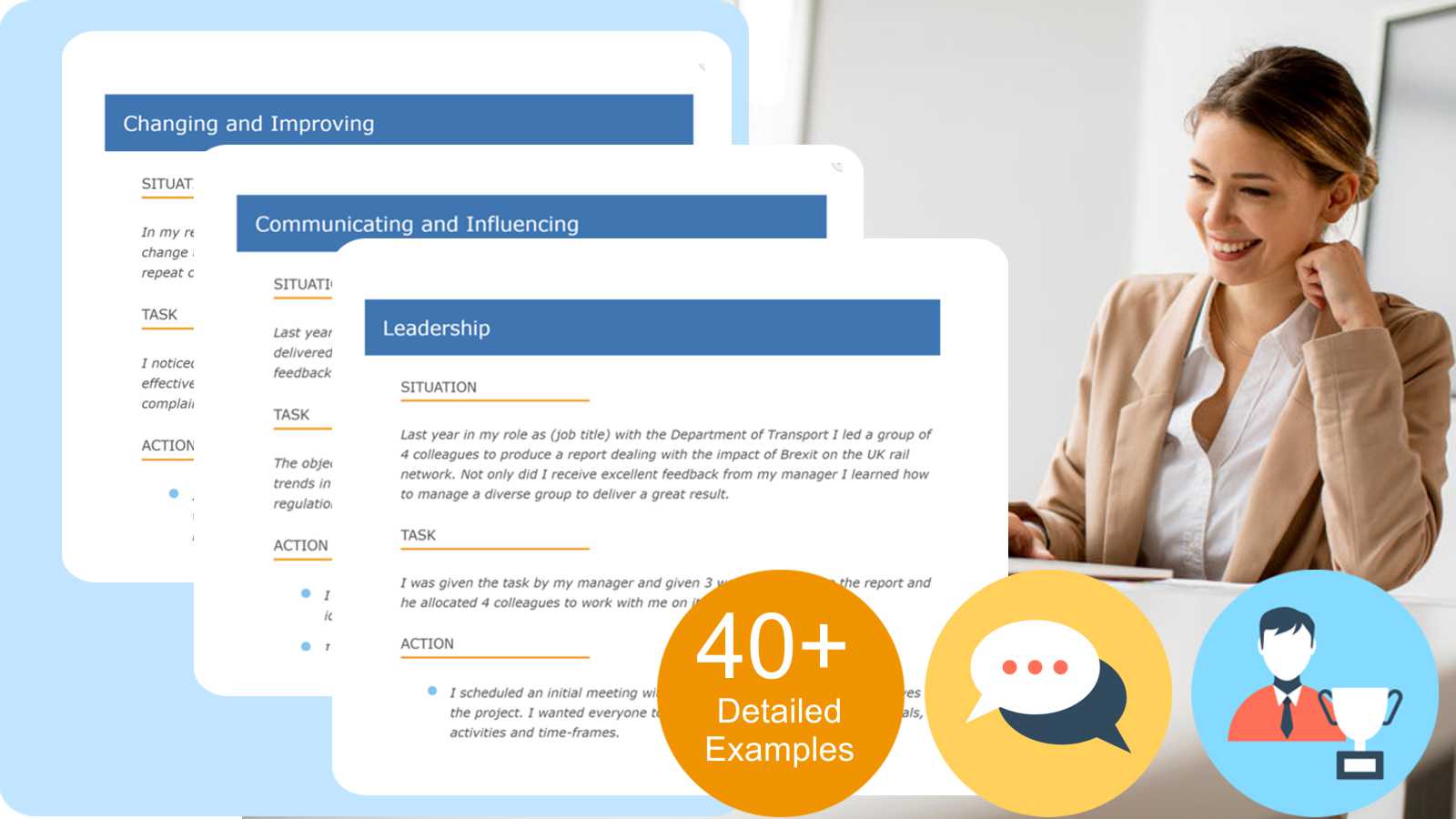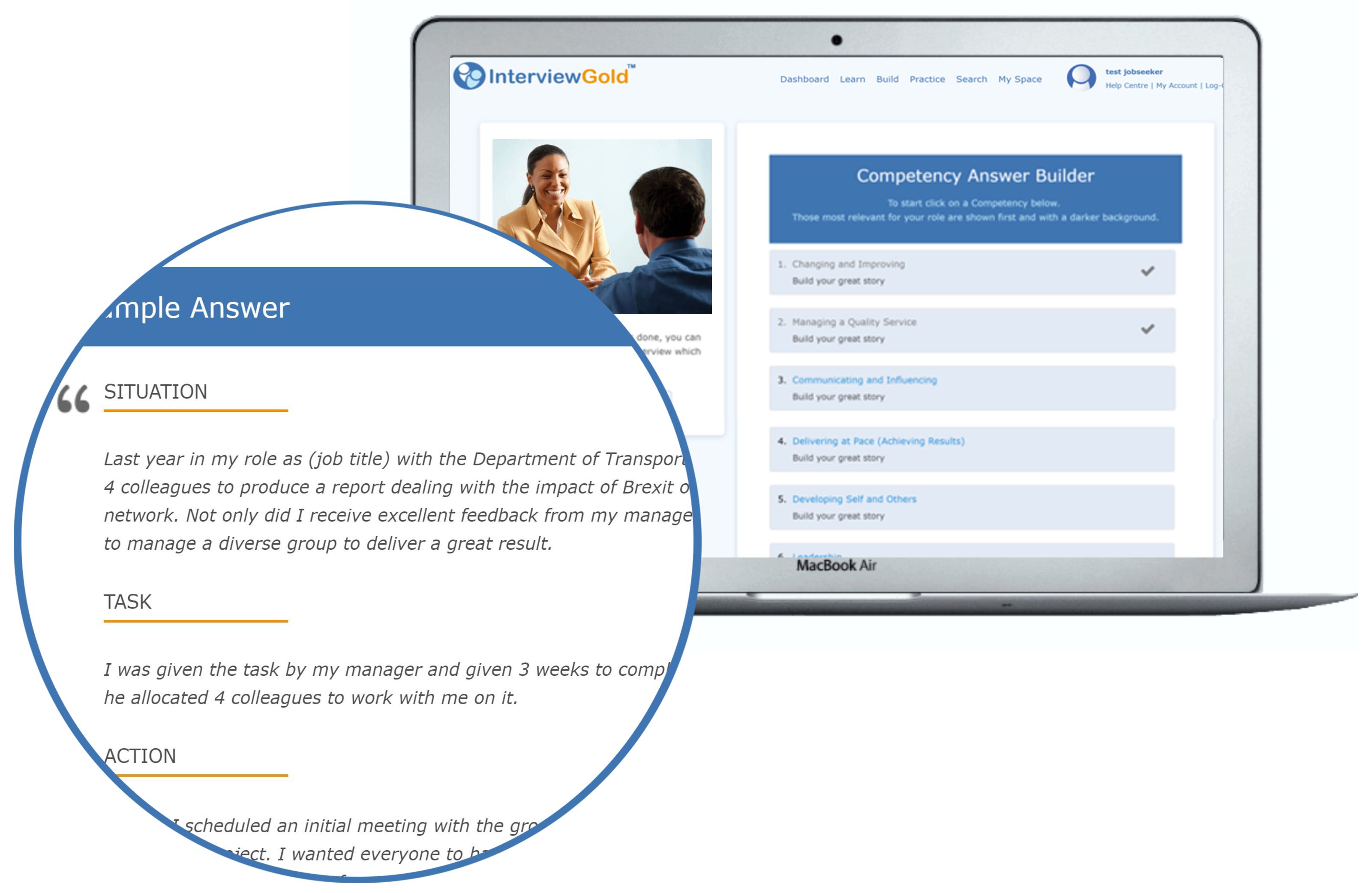
Are you making tons of job applications only to have them rejected? Perhaps you are wondering why and what you can do get through the selection process and get that interview?
It’s a universal truth that everyone makes mistakes – it’s part of being human. However, when you’re on the hunt for a new job role, it’s crucial to keep those job application errors to a minimum as they could potentially cost you the opportunity.
Knowing that mistakes happen is half the battle, knowing how to learn from them is the key to avoiding them in the future.
If your job applications keep failing, take them as learning opportunities so you can identify what went wrong and improve on the next application.
In this post we outline 6 of the most common mistakes job applicants commit and we give you powerful strategies to avoid them.
The impact of your job application being rejected
Having your job application rejected is frustrating. It can take an emotional toll especially when you have been hoping to win your dream job. There are several, immediate, effects of having a job application rejected, let’s take a look at some.
Emotional Impact: After receiving a rejection email, you are likely going to feel a range of emotions. These can include disappointment, frustration, confusion and doubt. These emotions are perfectly normal but try not to dwell on them, instead turn them into motivation for your next application: ‘This time, I’ll nail it’.
Time wasted: You will likely feel like you have completely wasted time, but that isn’t the case. Every time you get a rejection letter or email is an opportunity to learn and improve. With each application you will develop new ways or communicating, of creating your answers of overcoming challenges and those are skills highly valued in any role.
Confidence hit: With rejection comes a blow to our confidence, and this is normal too. Visualising this as a missed opportunity for the employer, rather than a failure for you, will help negate this outcome – and honestly, it’s actually closer to the truth than many believe.
Know What To Say on Your Application and Interview
Reasons why job applications fail – the 6 top mistakes to avoid
1 Not proofreading your application
A surefire way to have your application discarded is to submit it with grammatical, punctuation, and spelling errors. There’s never been a job posting that didn’t require a keen eye for detail.
Nobody is on the lookout for story-telling ability, but grammar and spelling are important. Of course, the level of importance is going to depend on the job itself, but it’s never a bad idea to get the small things right.
If you don’t put in the effort to present yourself in the best light, it’s clear to employers that you won’t do the same for them or their company. It’s always a good idea to have your application reviewed by at least two other people before sending it to guarantee it’s error-free.
2 Skipping or misreading application instructions
Since you were a child, you’ve been ‘trained’ to follow instructions. Make use of that skill effectively! Read the application instructions carefully, and abide by them. If the company asks for a cover letter to be included with the application, make sure you don’t forget it.
Sometimes a company requires an online test to be completed in conjunction with the application, confirm that you have completed this as part of your submission.
Keep an eye on the small things. Minor errors, such as omitting a mandatory field in your application, can lead to your application being overlooked or discarded.
3 Poor email etiquette can result in a failed job application
If you’ve submitted a job application through email and haven’t received a response from the hiring manager, it’s worth revisiting your email to make sure you haven’t committed any of the common blunders that can put off the recipient and cause your application to be automatically rejected.
To start with, be sure that your email has a subject line that is professional, succinct and pertinent. Ideally, it should fit on one line with no run-off or ‘…’ at the end. Put the main points at the start, with any application reference put first.
Also, your email address should be as professional as possible. Joke type email addresses are likely to be off-putting for the majority of prospective employers. If you need to, a top tip is to create a new email address just for job applications.
Additionally, if you do have a name for the person you are sending the application to, make sure you spell their name correctly.
4 Not customising your cover letter to the job being applied for
While it can be important to adapt your CV to the job posting, it’s equally important to make sure your cover letter aligns with the job requirements. Your cover letter serves as a persuasive argument or ‘marketing poster’.
Its purpose is to convince the hiring manager of your interest in the position, and why you’re the ideal candidate.
A generic cover letter is easily identifiable by employers, and choosing this approach will likely result in your application being discarded!
It’s essential to thoroughly research the company and strategically emphasise your skills that match with what the company seeks. Your cover letter also provides an excellent opportunity for the hiring manager to get a sense of your personality and determine if you’re a good fit for the company’s culture.
This is something that many people forget, so be sure to cover this yourself to boost your chances of being successful.
5 Lying on applications
A big reason why employers don’t rely solely on CVs during the hiring process is the unfortunate reality that some job seekers continue to falsify some aspect or other. It’s important to avoid this temptation when applying for jobs.
The moment a recruiter discovers a lie or even a half-truth, the chances of you securing a position with that company vanish. Even if you manage to navigate the hiring process undetected, the truth has a way of coming to the surface, and once it does, your employer’s trust in you will be damaged beyond repair.
What’s more, if they have connections with other recruiters in your field, they might share their experience, tarnishing your reputation among other potential employers.
6 Leaving room for confusion
When it comes to applying for a job, ambiguity is your enemy. We’ve talked about grammar, but don’t forget that the words you choose, even when used correctly, have the ability to confuse.
Just because the position you are applying for may be technical, that’s no reason to use jargon in your application. Make things as simple as possible for the recruiter to understand. Very often they will be skim-reading, and if they have to slow down to process what you just said then it’s not going to leave a good impression.
Don’t leave any gaps in your employment history, always explain any gaps that exist and don’t forget dates. Dating your employment history may seem trivial, but it’s an important detail.
Exact dates are not always necessary, and if you aren’t sure then hit the middle third range of months for a given – but do try to be as accurate as you can.
Hopefully, these tips will help you avoid having your job applications rejected in the future. The main takeaways from this though should be to take your time, read the instructions and be honest.
Expert STAR Sample Answers for Your Application and Interview
When you join InterviewGold, you get instant access to expert STAR answers, job specific questions.
Plus the powerful answer builder tool will help you create brilliant answers in minutes.
Can I get feedback on my application?
The short answer here is “it never hurts to ask”. Very often you will receive an email saying that the employer cannot provide feedback, and very often that is true – they simply receive too many applications for that to be practical.
You could always still ask, especially if it doesn’t say anything about not being able to provide feedback. If they do get back to you they may be able to provide some valuable insight.
Aside from asking the recruiter, you could always try asking friends or connections who are in hiring positions. Even if they are not in recruitment positions themselves, a fresh pair of eyes could reveal something that you had overlooked.
Another good idea is to ask a professional job coach. A job coach is there to help you with applications and build CVs etc, but also to provide feedback on applications about to be made, and even after the fact. A job coach is possibly the best option after the recruiter; it is quite literally their job, after all.
Recovering from a failed job application
Not every job application you make is going to be a winner, but how you deal with a failed application is going to dictate how you move forward.
Hopefully, you have been able to gain application feedback from somewhere, even if it’s from a friend or connection. From here it is important to take this feedback as a way to improve.
Look at the reasons stated, if there were any, and see where you could improve. One of the biggest reasons that an application fails is because the applicant didn’t seem interested enough.
This is easily taken care of for the next job application that you make, and you need to head back to your cover letter and email. Use positive words and phrases, like ‘will’ and not ‘might’ or ‘we would work great together’ instead of ‘I could be a good fit for the company’.
The cover letter needs to be upbeat, positive and enthusiastic. At an interview stage, this needs to be kept up and don’t forget the contents of the cover letter.
Rejected job application? Steps to take to increase your chances of success
Aside from nailing your cover letter and CV, what other proactive steps can be taken?
Leverage networking opportunities
Expanding your professional network can significantly increase their chances of job success in the future for several reasons:
- Uncovering opportunities: By broadening your professional connections, you can tap into a reservoir of job prospects that might not be publicly listed.
- Gaining Industry Insights: Networking can serve as a knowledge exchange platform, offering valuable insights about the job market, industry trends, and potential opportunities.
- Growing skills and expertise: Engaging with professionals from diverse fields can foster skill development and expertise acquisition. It also opens doors for mentorship opportunities.
- Receiving support and advice: A robust professional network can offer much-needed support during job transitions and provide career guidance.
- Boosting your industry presence: Active participation in professional networks and contributing to discussions enhances your industry presence, making you more appealing to potential employers.
Networking is not just about gaining – it’s also about contributing to your network, which can lead to mutual support when needed.
Skills and qualifications upgrade
Some people may take a look at their current situation, regarding capabilities, and decide to upgrade. For example, there are plenty of people who have made the segway from a reception desk to an assistant administrative position, to an office administrator by way of an Office administration course.
There are lots of options open to an individual, many of them free, and they all look great on a CV – and if you are currently employed, but looking for a switch, your current employer may like you for a better position.
A good place to start looking is the Education Hub.
Maybe consider a different career path
There may well come a time when you look at a rejection email or letter and think, ‘Maybe this isn’t for me after all?’. There is nothing wrong with that, and it is good to keep an open mind about certain things.
Very often, usually fresh out of school or college, we have a certain idea in our heads about what career we want and we stick with that through thick and thin.
When looking for a new job, however, and for whatever reason, is it always a good idea to stay in the same industry? It is almost certain that there is something else you could be suited to as well and possibly much more fulfilling.
If you have been working in a warehouse environment for the last 10 years you probably like it, but how do you know you won’t feel more fulfilled working in a hospital setting?
Most people thrive in more than one area, so if you are staring at another failed job application why not entertain a different career path?
The National Careers Service is a great resource for learning about different career types.
Never take job application rejections personally, just take them as little opportunities all of their own. Opportunities to learn, apply lessons learned and then grow from them.
How InterviewGold Will Help You Make Perfect Applications and Get Jobs
With the InterviewGold online training system you have access to a host of great content all designed to help you make great job applications.
You get sample answers, cover letters and personal statements. Plus the powerful Answer Builder tool creates winning answers in seconds to use in any application or interview.
Start now and get the job you want.
Get Instant Access • Practice online 24/7 • 100% Guarantee



